To Vote is To Be Heard
Guest Post by Aisling and Luke
In today’s political landscape issues such as immigration and multiculturalism are taking the forefront. The discussion of these issues is so loud and constant that it can seem deafening, but within the chaos a few voices can be heard more clearly than others; the voices of the most powerful. The media and political figures have the ability to make their views heard at the expense of those without the same power, usually those who are most affected by the issues at hand, such as minorities and migrants. Debates about EU membership and the current refugee crisis have been hijacked by inflammatory rhetoric, which perpetuates an “us versus them” narrative, in which the “us” is always the majority population, and the “them” can refer to anyone else who is deemed dangerous or “undesirable.”
Consistently in recent years there has been a marked difference in the numbers of BME voters compared to ‘White’ voters. As little as 56% of BME people in the UK actually used their vote in the general elections in May, which was over 10% less than ‘White’ people. This is unsurprising, as it has always been the trend. The reasons for this political apathy are varied but the most significant is simply disillusionment. With BME politicians still making up a tiny amount of MPs, and more and more politicians relying on anti-immigration sentiment to appeal to voters, it is easy to see how minorities in the UK might feel like the political system is not working for them, but against them. Coupled with the fear mongering of tabloid newspapers, which often portray migration numbers as a cause for alarm, for example by comparing refugees with rats or locusts, it is easy to see how the BME community might feel isolated from the dominant political discourse.
However, disengagement can only worsen the problem. Politicians are able to ignore BME people because they do not believe they will vote, and so the cycle of scapegoating continues. By voting more in elections, minorities could force politicians to take notice of them and their dissatisfaction, and enact change by making their voices heard. Simon Wooley, of Operation Black Vote, has told people “If you don’t vote, they’re not going to listen.” Voting is a form of power. To vote is to have a hand in the way one’s society is run and it is crucial to remain engaged so that the status quo can change for the better, and politics might begin to represent the UK as it really is.
The Northern Ireland Assembly elections will be held this May. You must register to vote by April 18th to vote in this election. Visit http://www.aboutmyvote.co.uk/ to find out more.




